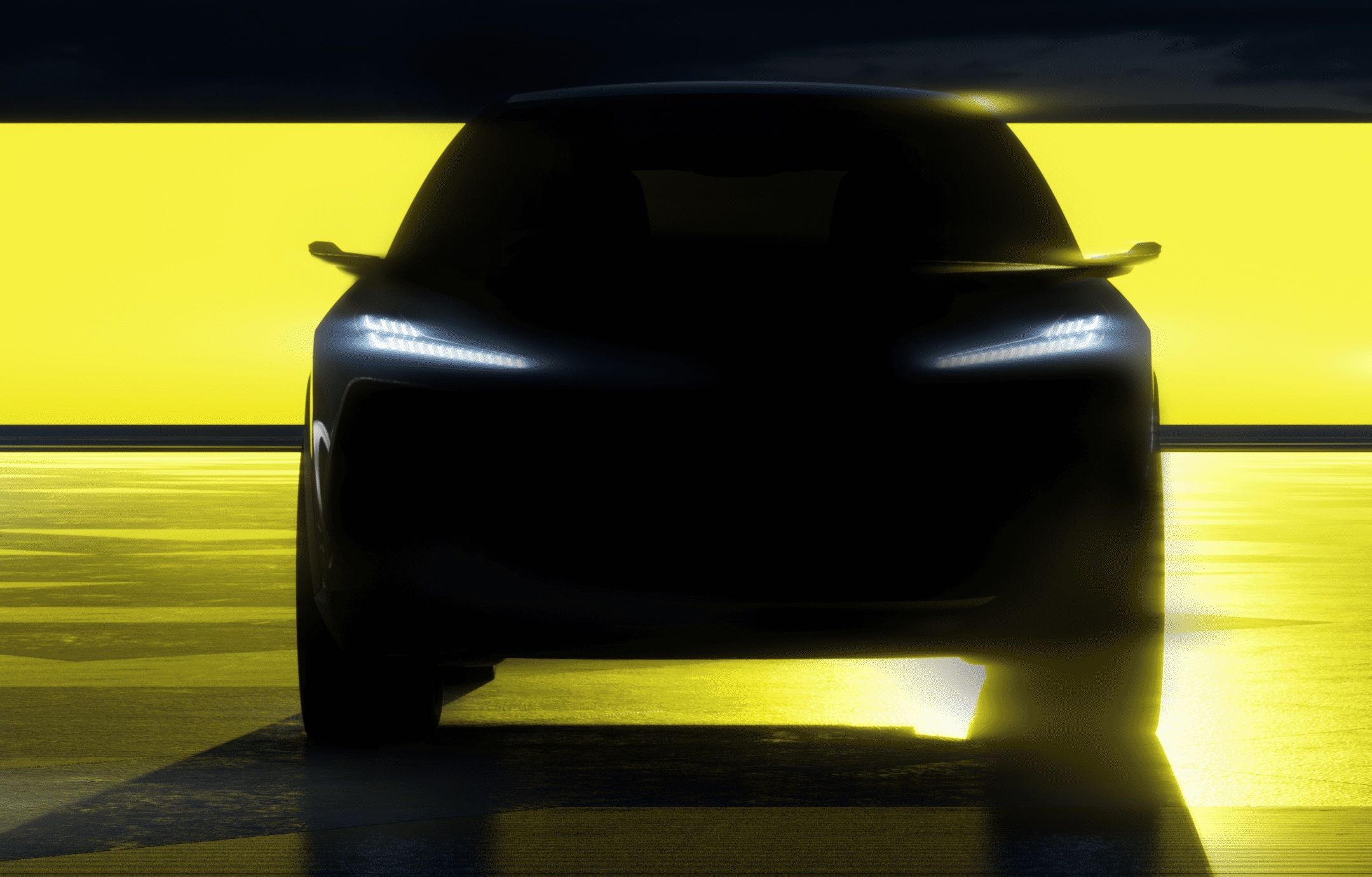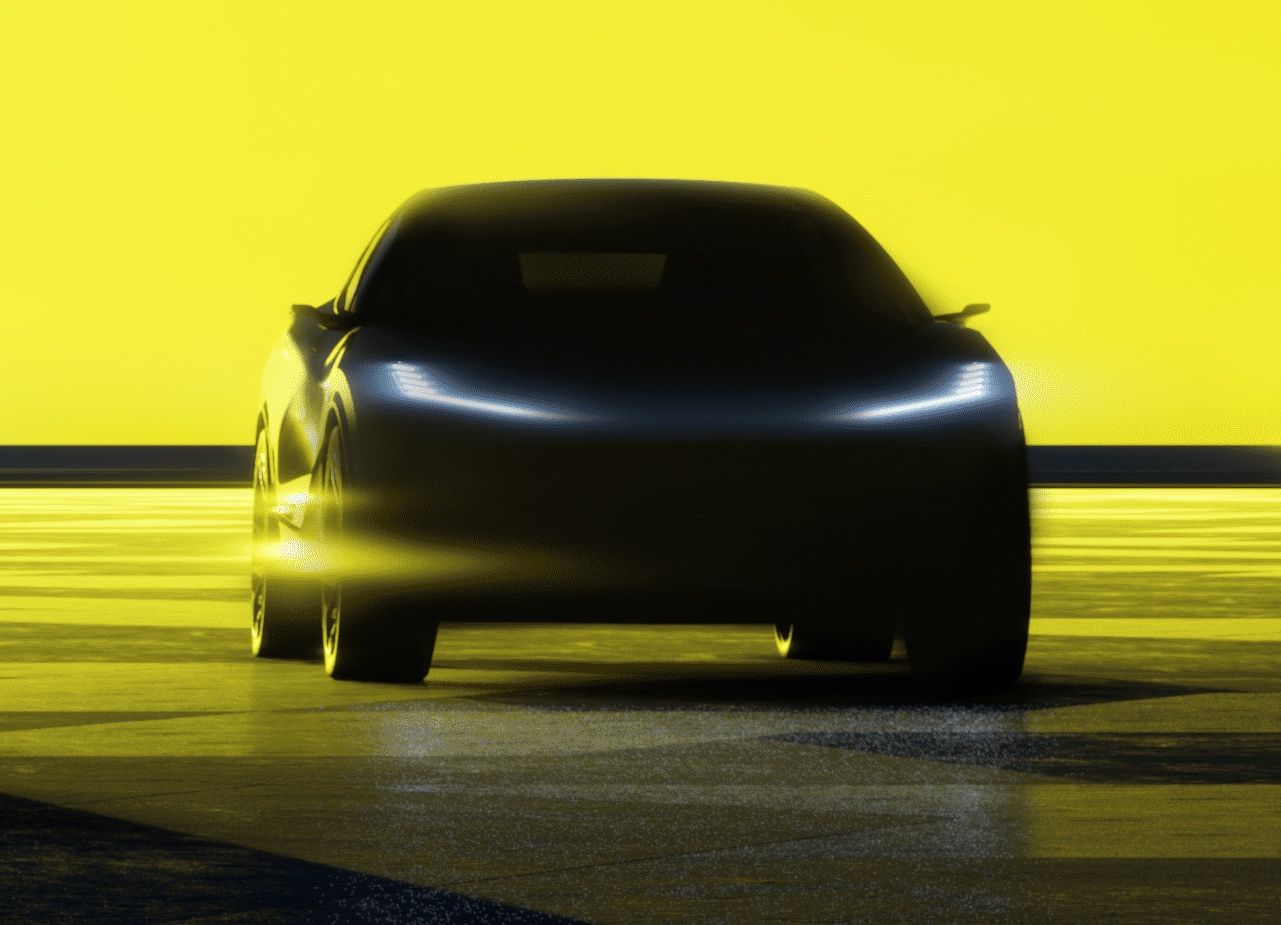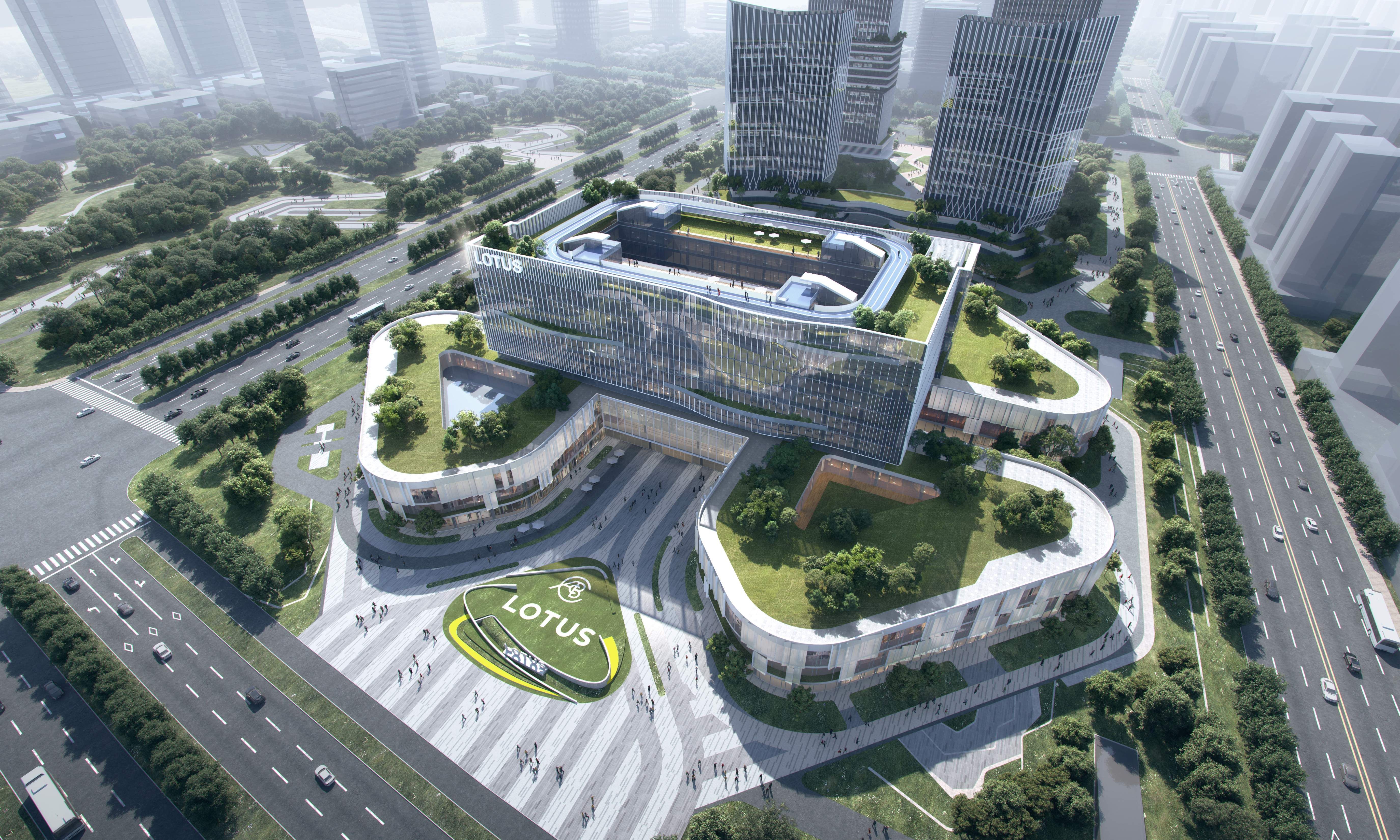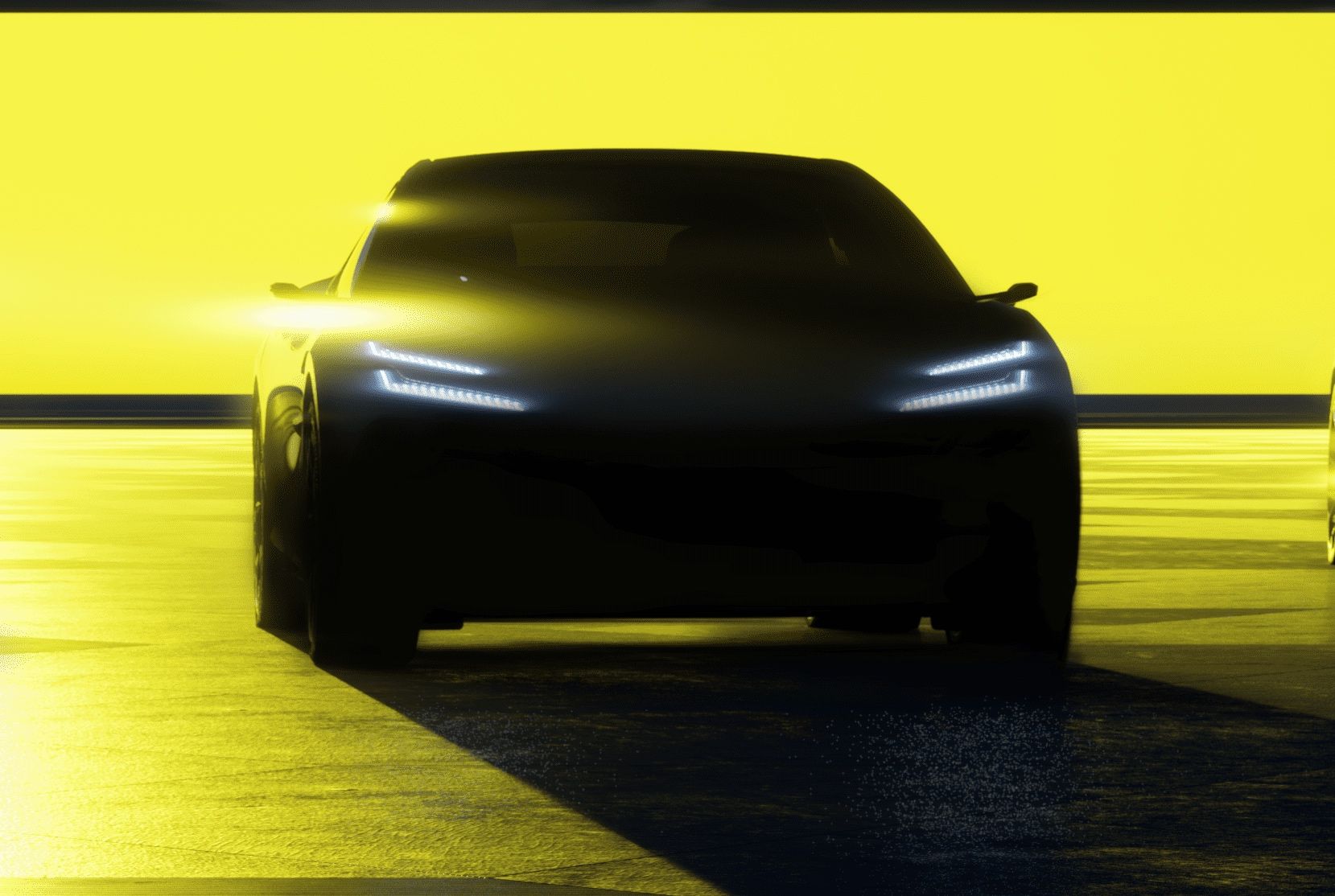Lotus will unveil the Type 132 E-segment SUV in 2022. It will be joined in 2023 by the Type 133, an E-segment four-door coupe, and in 2025 by the Type 134 - a new D-segment SUV. This three will be joined in 2026 by the Type 135, an all-new electric sports car.
Lotus has brought innovative solutions since its founding by Colin Chapman in 1948, with its emphasis on pure driving, exceptional ride and handling, lightweight technology, and world-class aerodynamic engineering.
Lotus Technology, situated in China, and the Lotus team, based in the United Kingdom, are at the heart of Group Lotus' future development strategy. Lotus in the UK will be in charge of the research and manufacture of sports cars, as well as hypercars like the electric Evija and global sales for the Lotus brand.
As a result, Lotus now benefits from increased skills in R&D, manufacturing, and supply chain management, allowing it to give global customers a more inventive and exhilarating driving experience, thanks to the backing and global resources of Geely Holding Group.
Lotus Technology in China will be in charge of integrating the next generation of lifestyle products, combining China's EV and manufacturing expertise, the UK's design and advanced performance centers, and R&D resources from Germany.
The new Lotus manufacturing plant in Wuhan is set to open later this year, joining the current UK sports car production and testing facilities in Hethel and Norwich.
The Lotus Premium architecture, one of four new vehicle platforms introduced at the Driving Tomorrow global strategy conference in April, will be used to produce the brand's new premium lifestyle vehicles. The Premium architecture can accommodate wheelbases ranging from 2,889mm to 3,100mm and could be expanded in the future.
Vehicles based on this platform will join the Evija all-electric hypercar and the Emira, Lotus' final gas-powered sports car, both of which will be manufactured in Hethel, UK.
This platform also encourages the development of all classes of passenger vehicles ranging from C+ to E. It is compatible with the industry's most efficient 800-volt high-speed EV charging system, which uses 92-120kWh batteries. Products built on this architecture will be able to get from 0 to 60 mph in under three seconds.
Lotus will once again set the benchmark for performance in the age of intelligent electric mobility, redefining the link between man and vehicle and assisting the global automotive industry in quickening the pace of this transition.






